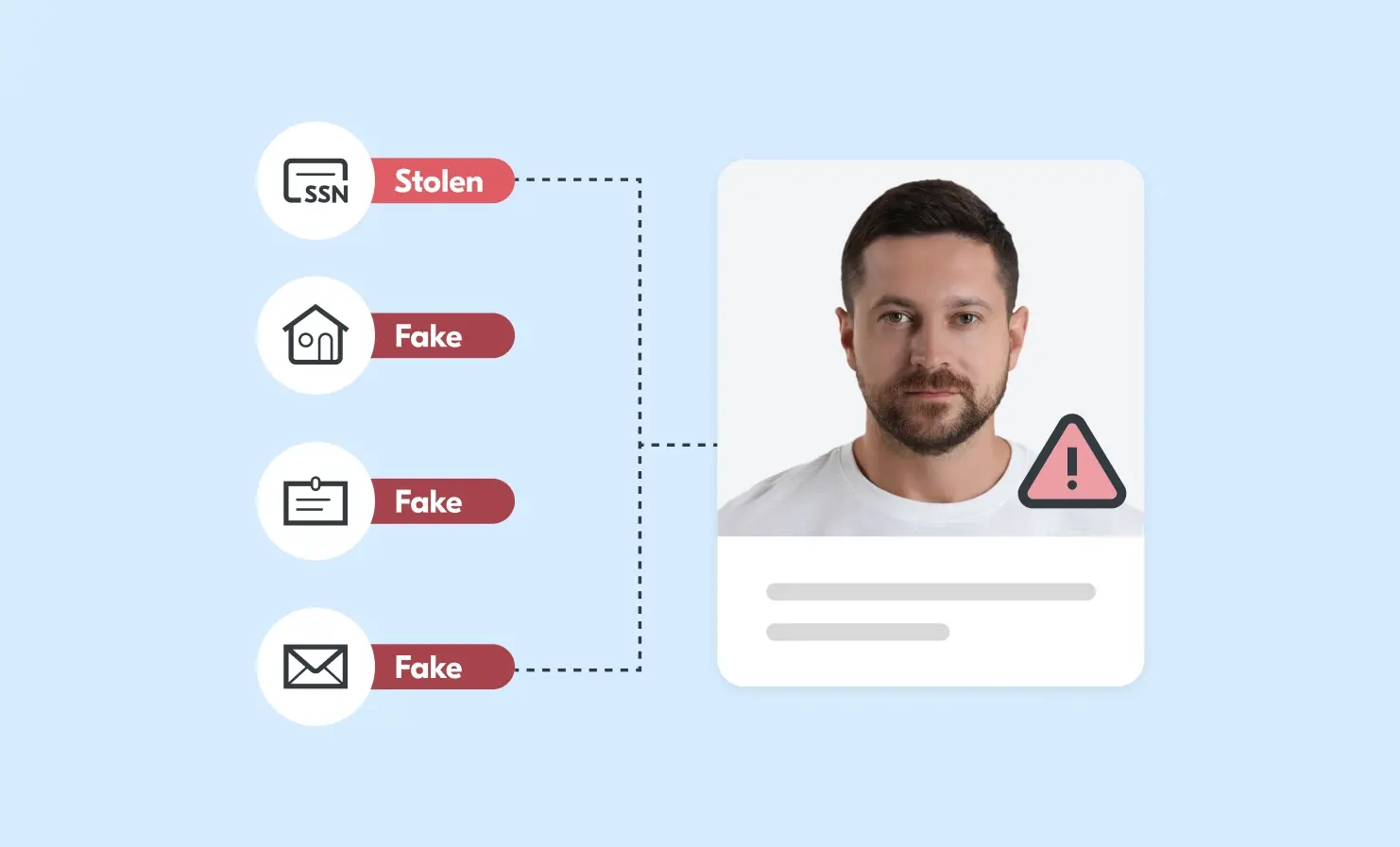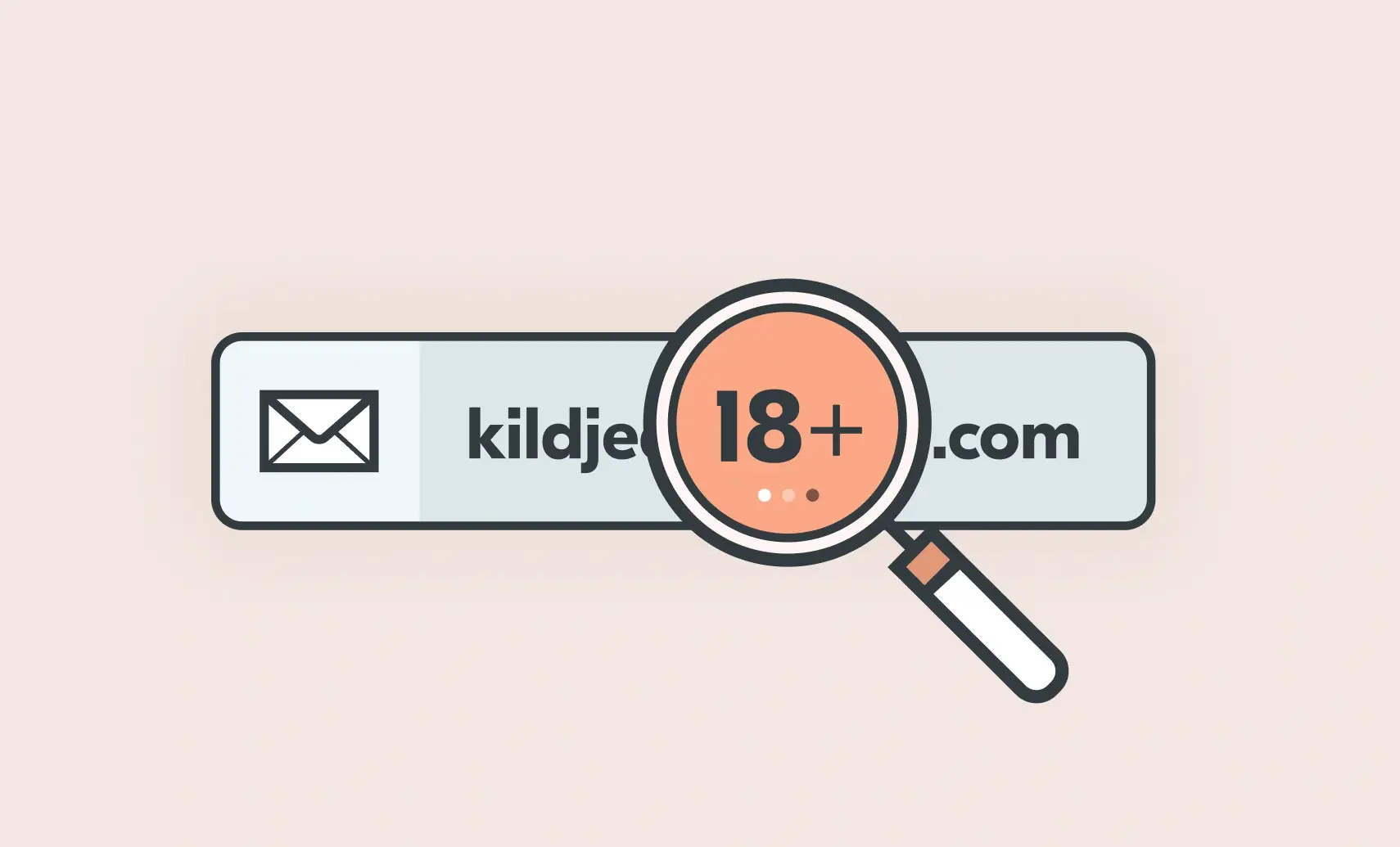What is synthetic identity fraud? How it works and how to prevent it
What is synthetic identity fraud? Synthetic identities are fake identities, built by combining real and made-up information, earning them the nickname “Frankenstein IDs” due to their pieced-together nature. Synthetic identity fraud is different to traditional identity fraud as it doesn’t involve an obvious, immediate consumer victim. These fake profiles are designed to mimic real customers, often slipping past traditional fraud detection systems because they don’t raise typical red flags. As a result, the primary victims of synthetic identity fraud are businesses and lenders, who bear the financial losses. How synthetic identities are created and used
Verifying age with email address age estimation
As legislation increasingly serves to protect children online, businesses and platform operators require efficient and privacy-conscious methods to verify user ages. Email address verification is just one of these methods, leveraging email metadata to estimate a user’s age without collecting further personal information. This guide explores how email age estimation works, its reliability, regulatory compliance, and how it performs as a tool for businesses that wish to balance user experience and risk. What is email address age verification? Email address age verification is a method of age assurance used by websites and online operators to determine


